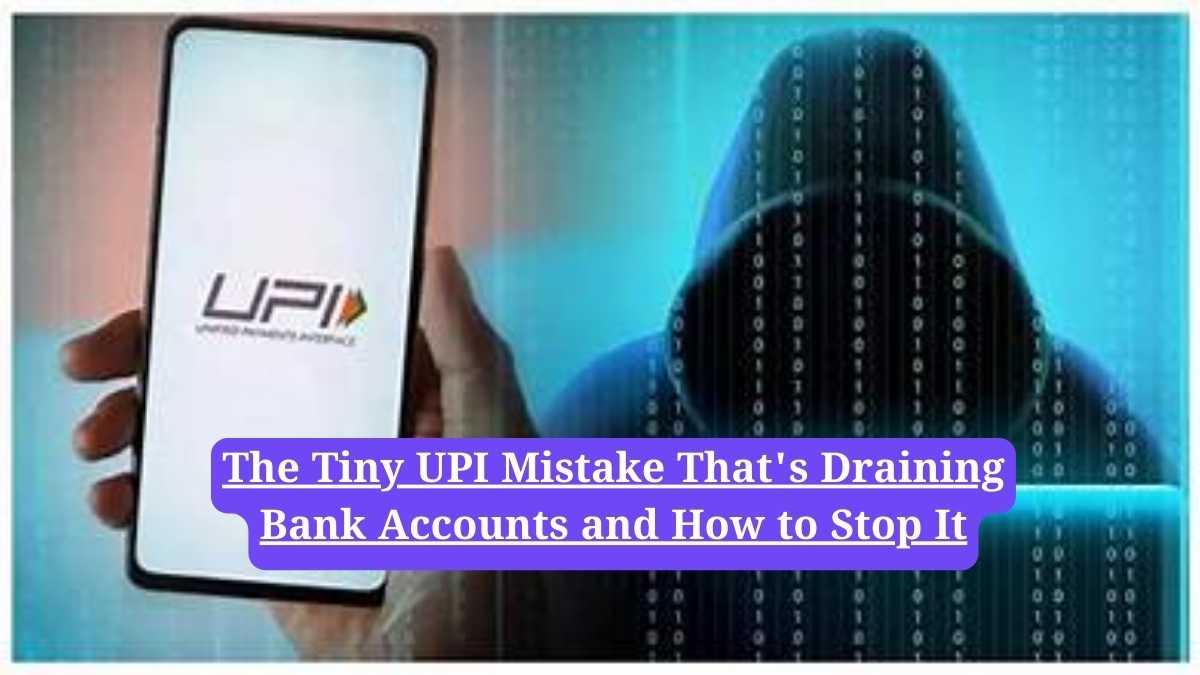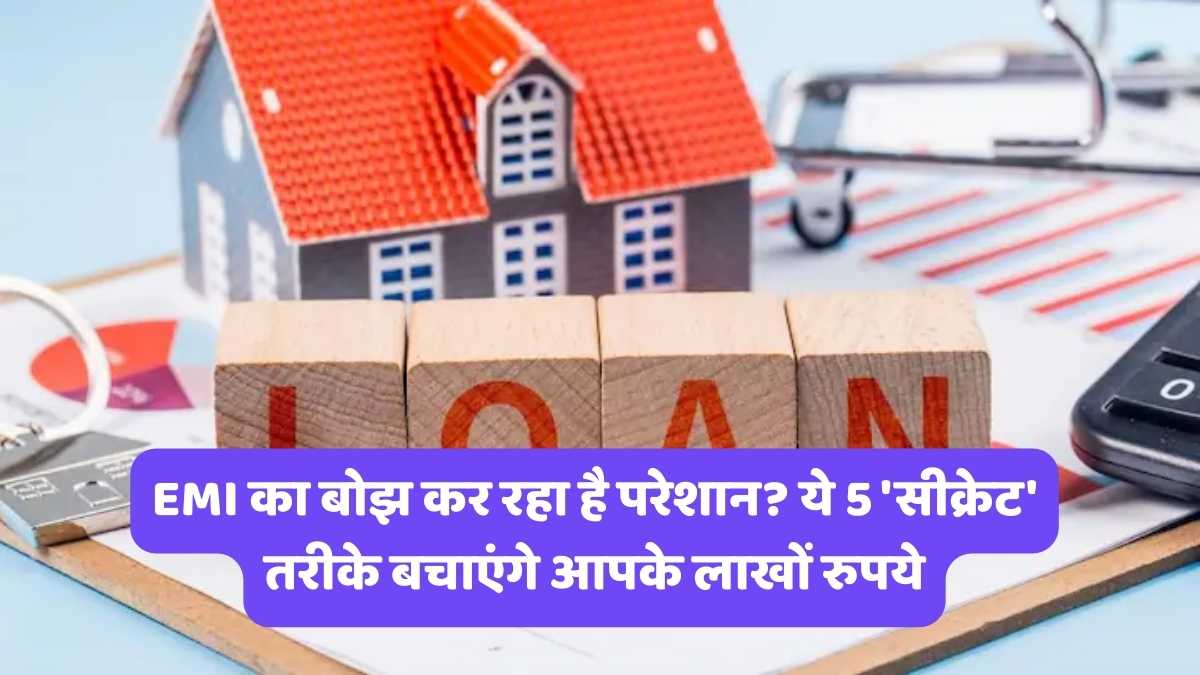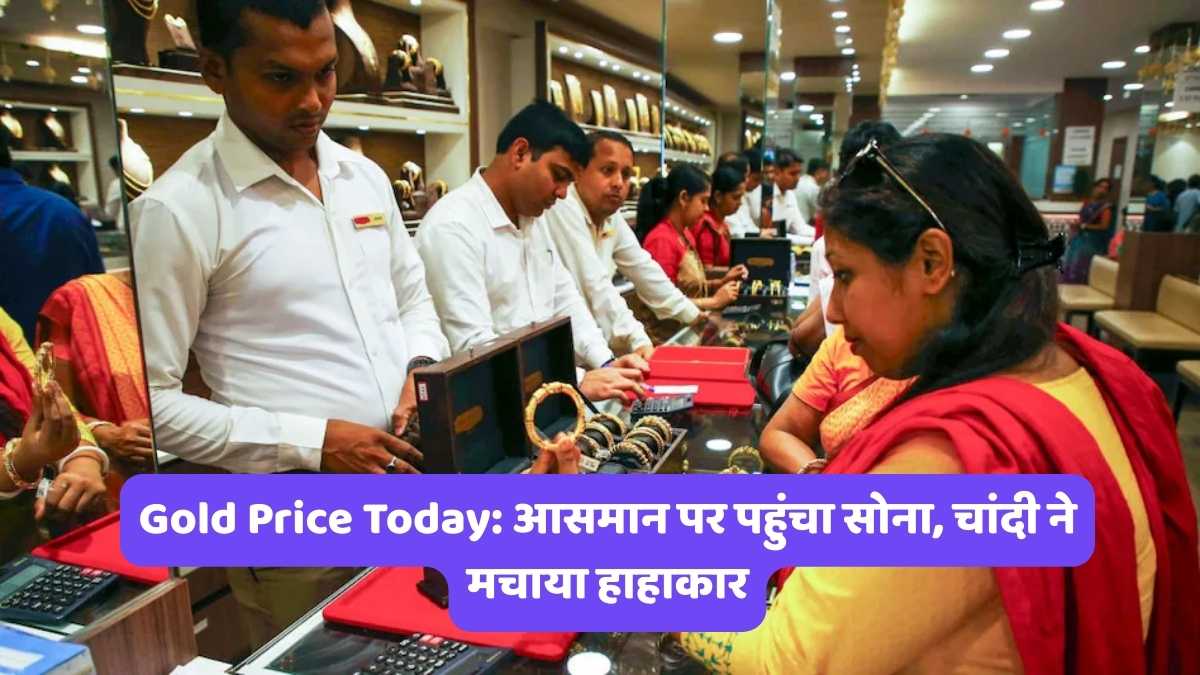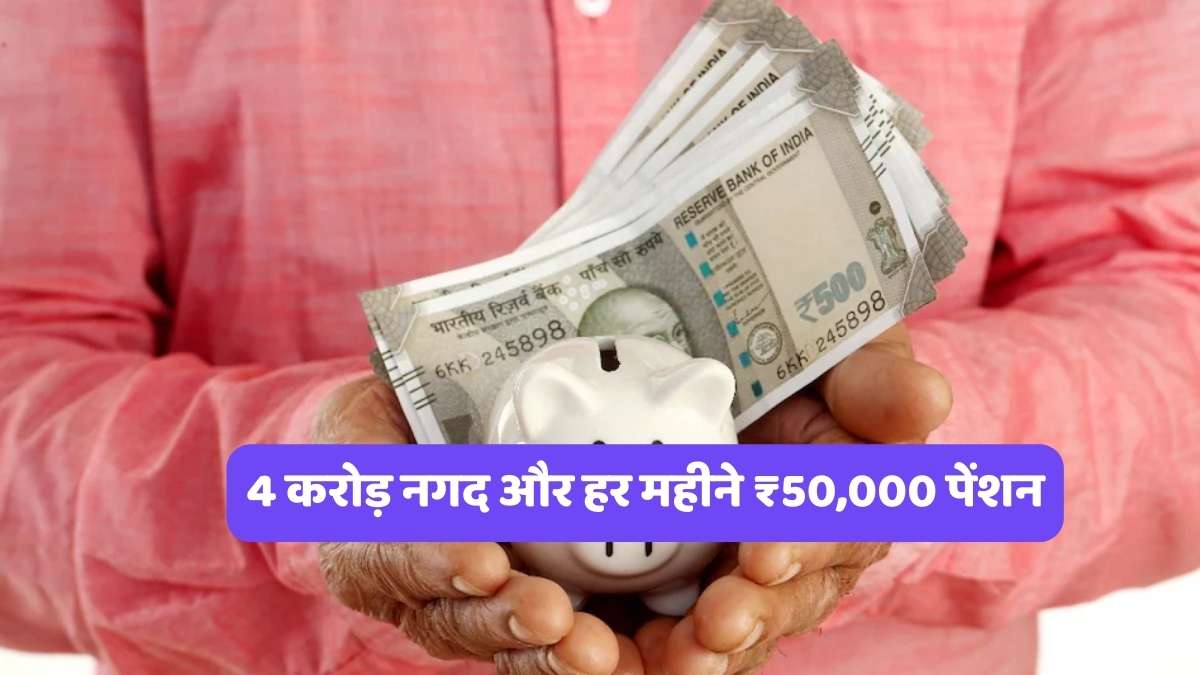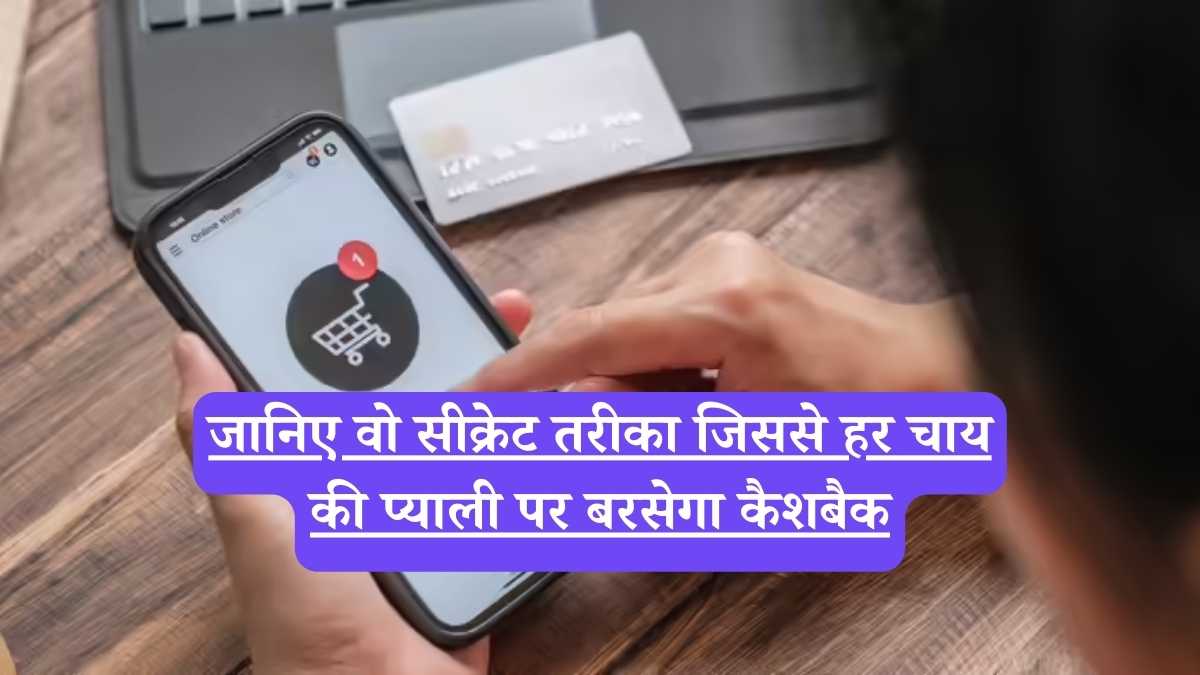Join WhatsApp
Join NowUPI scams: In the fast-paced digital age, Unified Payments Interface (UPI) has become the lifeblood of India’s economy. From paying college fees to splitting a dinner bill, from buying groceries to tipping a street performer, UPI has seamlessly woven itself into the fabric of our daily lives. This incredible convenience, born out of the push for a cashless society, is used by everyone from students to seasoned professionals. But with this universal adoption comes a dark side: your UPI wallet is now a prime target for a new breed of sophisticated cybercriminals.
These digital predators are lurking in the shadows, not with complex hacking tools, but with a simple strategy: they are patiently waiting for you to make one small, innocent mistake. The moment you slip up, they strike, and within seconds, your hard-earned money can vanish from your bank account. It’s time to stop seeing UPI as just a simple tool and start understanding the crucial rules of engagement. Your financial safety depends on it.
Here are the critical security measures you must adopt to shield yourself from these devastating UPI scams.
1. The “Sacred Secret”: Never, Ever Share Your UPI PIN
Think of your UPI PIN as the master key to your entire financial vault. It is the single most important piece of information you own. Scammers have perfected the art of social engineering to trick you into giving it up willingly.
How the Scam Works: You might receive a phone call from someone posing as a bank employee, a representative from a popular payment app, or even a government official. They’ll sound professional and convincing. They might claim your account is blocked, that you’ve won a lottery, or that they need to verify a transaction. The conversation will always, inevitably, lead to them asking for your UPI PIN to “complete the process.”
The Golden Rule: NO ONE—not a bank official, not a customer service agent, not a government authority—will ever have a legitimate reason to ask for your UPI PIN. The moment someone asks for it, it’s a 100% scam. End the conversation, block the number, and report it. Giving them your PIN is like handing a thief the keys to your house and telling them when you won’t be home.
2. The Reverse Trap: The Deceptive Power of the “Pay Request”
The “Pay Request” or “Request Money” feature is a legitimate part of the UPI ecosystem, commonly used by e-commerce sites to simplify payments. However, criminals have weaponized it.
How the Scam Works: You’ll receive a notification on your UPI app from an unknown person with a message like, “Congratulations! You have won ₹10,000. Enter your UPI PIN to receive the money.” In your excitement, you might approve the request and enter your PIN, believing you are about to receive a windfall. This is the trap. By approving a “Pay Request” and entering your PIN, you are NOT receiving money; you are SENDING money to the scammer.
The Golden Rule: To RECEIVE money, you NEVER need to enter your UPI PIN. Money can be credited to your account without any action from your side other than sharing your UPI ID or phone number. If a “receive money” transaction asks for your PIN, it is a scam. Reject all such unknown requests immediately.
3. The Hidden Danger: The Malicious QR Code
We’ve been trained to scan QR codes for everything, from restaurant menus to instant payments. This automatic trust is what fraudsters exploit.
How the Scam Works: Scammers create their own malicious QR codes and stick them over legitimate ones in public places like shops, petrol pumps, or parking lots. When you scan their fake QR code, instead of paying the merchant, you are redirected to a fraudulent payment page that initiates a transfer to the scammer’s account.
The Golden Rule: Always be vigilant when scanning QR codes, especially in public. Before you enter your PIN, double-check the name of the recipient displayed on your app. If the name looks like a personal name instead of the merchant’s official business name, or if anything seems suspicious, cancel the transaction immediately. If in doubt, pay using a different method.
4. The Digital Imposter: Only Trust Official Apps
In the digital world, not all apps are created equal. Many are designed to be digital spies.
How the Scam Works: Scammers will send you links via SMS, WhatsApp, or email, tempting you with incredible offers, fake cashback schemes, or a “new version” of a popular payment app. Clicking these links and downloading apps from these unknown sources is a digital disaster waiting to happen. These fraudulent apps can contain malware or spyware that can record your keystrokes, steal your passwords, access your contacts, and even read your OTPs.
The Golden Rule: The ONLY safe place to download any financial or payment application is from the official Google Play Store or Apple App Store. Never download an app from a link sent by an unknown person, no matter how tempting the offer seems. Your data and financial security are worth more than any fake discount.
By internalizing these four golden rules, you transform from a potential victim into an empowered and secure user. UPI is a phenomenal tool, but like any powerful tool, it demands respect and caution. Stay alert, think before you click, and keep your financial future safe.
